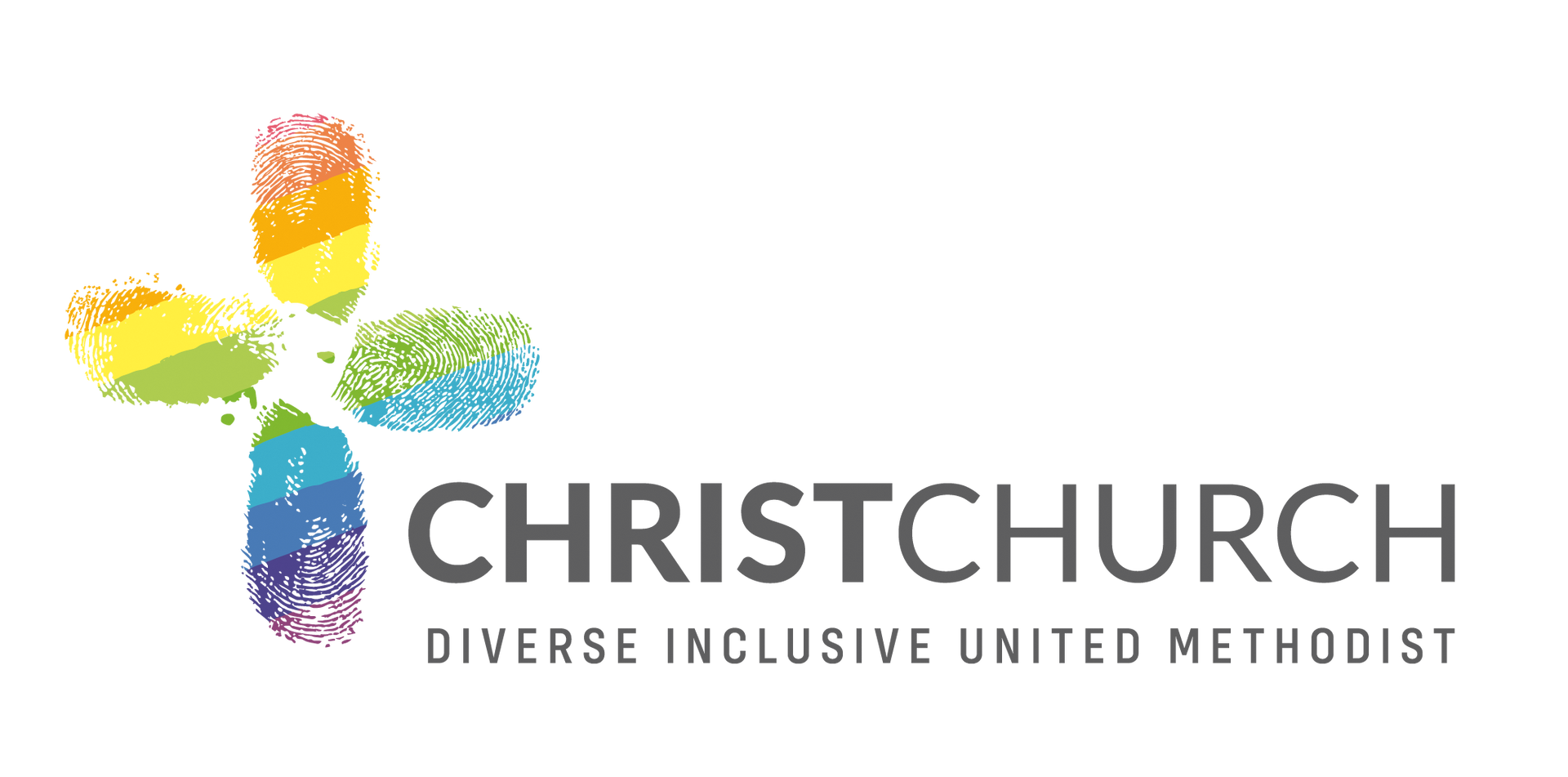“The one who offers a sacrifice of thanksgiving is the one who honors me. And it is to the one who charts the correct path that I will show divine salvation.” Psalm 50:23, CEB
The writer Anne Lamott says when you whittle it down, there are really three essential prayers: Help, Thanks, and Wow. “Help” is recognizing our own limits and our need for God’s care, protection, and guidance. “Wow” is standing in awe at who God is and what God has done. We often experience “wow” when watching a sunrise, holding a newborn child, or some other moment that reveals the glory of God and we are beyond words. “Thanks” is that daily recognition of God's presence in our lives and the world and the humility to stop and recognize the holy.
My mother has always been good at writing “thank you” notes. It is something she required of her children, too. Whenever we received birthday or Christmas gifts, it was expected that we would send a note of gratitude. We hated it! We just wanted to play with or use whatever gifts we received. We even came up with elaborate arguments to get out of writing “thank you” notes: if it was truly a gift, then the person wouldn’t expect a thank you note…or, whenever I give a gift, I don’t expect a thank you note. No matter how well reasoned our arguments, at least in our own minds, they never convinced our mother.
What I see now is that my mother was not simply giving us busy work, or a task to meet some sort of societal expectations. No, she was cultivating a heart of gratitude in us. She was teaching us never to simply receive or take, but to stop long enough to be grateful, to recognize the kindness and generosity of others. The mystery is that when we can recognize the kindness of others, it changes something inside so that we grow in kindness and generosity, too.
Gratitude, in the Bible, is essential to living a faithful life. As the writer of Psalm 50 reminds, gratitude is the way that we honor God and the pathway to recognizing God’s work in our lives and the world. Thanksgiving makes us stop long enough to pay attention to the kindness and generosity of God all around.
Giving thanks to God is a way of acknowledging that we can’t control all of life. Much of what we receive comes from the generosity of God, not simply what we produce. Giving thanks slows down our striving and consumption. Instead of always seeking more and more, we gradually learn to be grateful and recognize the abundance in what we have, not simply the scarcity in what we don’t. Gratitude is also a pathway to joy. As I look back on people I have known across the years, the most grateful people have also been people of great joy. They see the goodness and generosity of God in all things, even in the most difficult situations.
So how do you practice gratitude? What are you thankful for right now, in this moment? Make thanksgiving a daily practice. Perhaps start a gratitude journal where you write everyday about things you are grateful for. Another approach is to make a list each day of three things that you want to thank God for that day. It can be for big things, like a birthday, new job, etc., or small things like the afternoon rain or the kind word from the cashier at the store. Another simple way to practice gratitude is to get in the habit of saying, “thank you” to God first thing before you get out of bed in the morning, and last thing before you go to sleep at night.
The important thing is to make gratitude a pattern in your life, a way of being. A grateful life is the way we honor God and gradually live into the joy and freedom that God offers. Taking time to give thanks also slowly changes our hearts to become more like the generosity for which we are thankful.
In this way, may thanksgiving truly be more a way of life than a once-a-year holiday.
Together we are the hands and feet of Christ,
Brett

